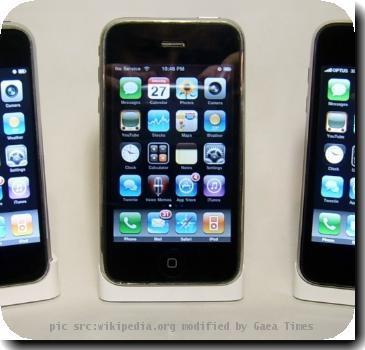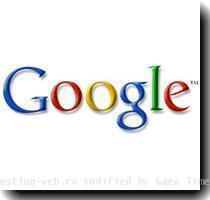Social startup Foursquare lets you be ‘mayor,’ gives points for going out
By Rachel Metz, APMonday, November 23, 2009
Friends go online at Foursquare to meet offline
SAN FRANCISCO — Laura Fitton’s ascent has been staggering: In less than a year, she’s become mayor of nine different places in several different states, all without giving any speeches or kissing any babies.
Instead, Fitton has gone out. A lot. And that’s allowed her to build an empire in the world of a rapidly growing Internet startup called Foursquare, which rewards users with points and virtual “mayorships” for checking in on their cell phones when they’re out and about.
Foursquare is the brainchild of Dennis Crowley, 33, and Naveen Selvadurai, 27. The two friends decided to roll out their service after learning in January that Google was shutting down Dodgeball — a similar tool for connecting with friends through text messages. Crowley had started Dodgeball in 2000 and sold it to Google in 2005 for an undisclosed amount.
Released in March, Foursquare lets you share your whereabouts with friends, no matter if you’re at a hot bar or a neighborhood pet store. Once you’ve checked in somewhere — through Foursquare’s Web site or its applications for the iPhone or Android phones — your friends can see where you are and decide whether to meet up with you.
If you want to check in on an iPhone, for example, you’d see a main tab showing your favorite and nearby businesses, and another tab showing where your friends have recently checked in. You can search for venues, leave tips for other users about things they might want to try at a bar or restaurant, or send a “shout” — a message that goes to all your friends.
Checking in is done on the honor system, so technically you can check in at dessert destination Serendipity 3 in Manhattan even if you’re really sitting in an office in San Francisco.
There are plenty of applications that let you share your location with friends, such as Loopt, Glympse and Google Latitude. What’s different about Foursquare — and what users say keeps them coming back — is that it includes a reward system familiar to video gamers.
You get five points for checking in somewhere for the first time, for example, and if you visit a place three times in a week you’ll earn a “local” badge that appears on your Foursquare profile. Check in somewhere more than others do and Foursquare will dub you the mayor. (You’ll have to keep visiting, though, or you might be overthrown by somebody else). A leaderboard lets you see how you stack up against your friends and other users in your area.
Since Foursquare launched, it has gained more than 100,000 users and added more than 100 cities worldwide to its roster (New York has the most Foursquare users, followed by San Francisco.) It recently launched in such European cities as Berlin, Paris and Madrid.
Foursquare isn’t yet harnessing its users to make money, but Crowley says it plans to eventually. It might ask businesses to pay to display specials to users (some are doing this for free) or let the businesses sponsor site badges that users get for, say, going to a concert.
Some users attribute Foursquare’s popularity partly to the success of Twitter and Facebook. The constant sharing with friends that is encouraged on these sites has trained people to be open to doing so elsewhere.
But while the definition of a friend on Facebook or Twitter can range from your grandmother to a guy you once spoke with at a party, Foursquare users tend to use it to connect with their actual friends.
“My rule there is that these are people I’d let sleep on my couch,” says Patrick Reilly, a software architect in San Francisco whose mayoral holdings include a local Best Buy store and a bar.
This attitude makes sense to Robbie Blinkoff, a cultural anthropologist and managing partner at Context-Based Research Group in Baltimore. He believes people are itching for more in-person meet-ups, while social sites like Facebook are geared more toward connecting on the Web.
Reilly says Foursquare has led him to hang out more with his friends.
“It definitely creates more connectiveness,” he says.
Tags: California, North America, San Francisco, United States

